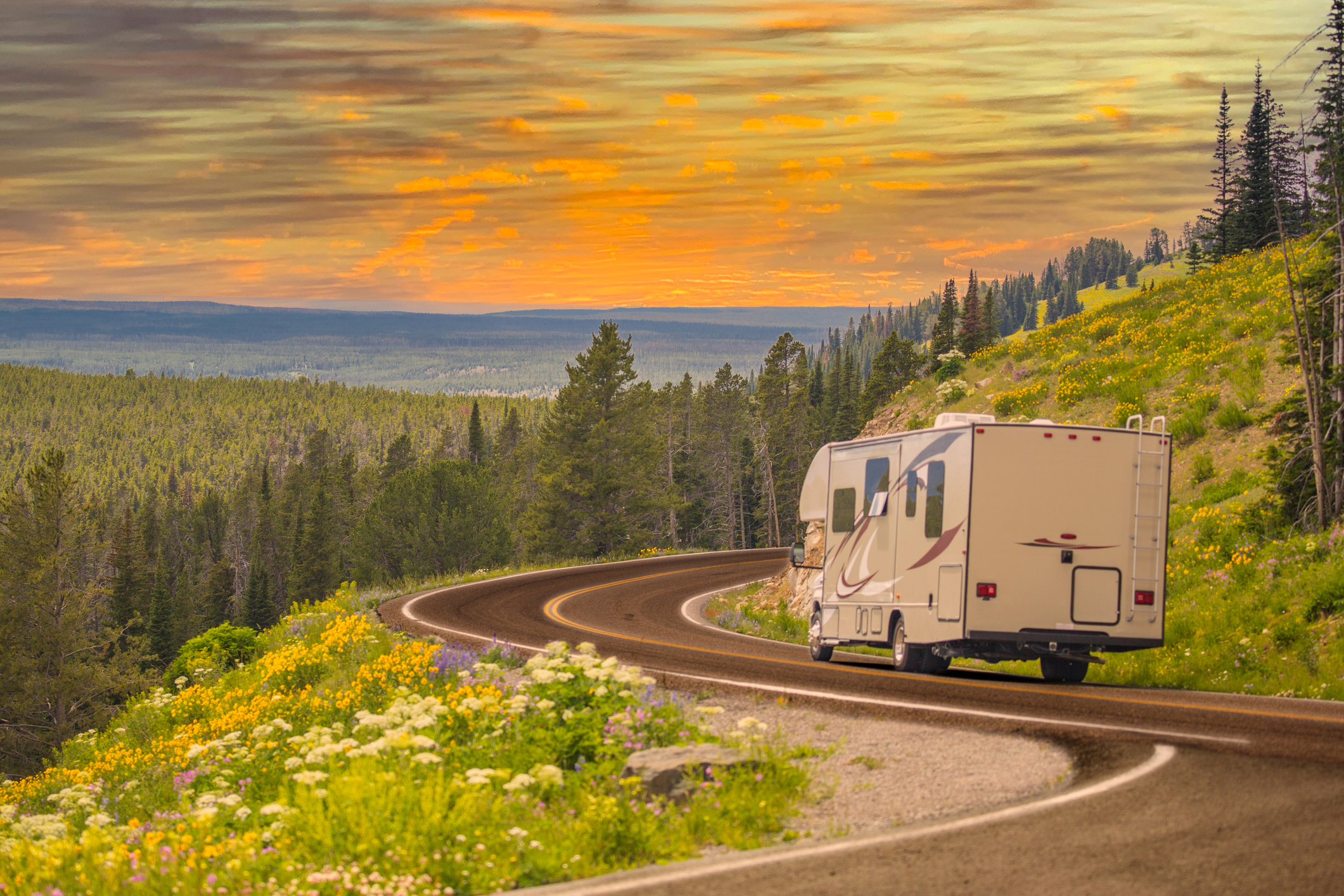Safe driving doesn’t stop on the road. Understand the risks of recreational vehicles and avoid personal injury

 Just because you’re driving for fun doesn’t mean recreational vehicles are risk-free. From their enormous size to their unwieldy handling and major blind spots, driving an RV requires extra caution to avoid a serious crash. At Herrling Clark, we understand the unique risks of recreational vehicles and how to handle injury cases.
Just because you’re driving for fun doesn’t mean recreational vehicles are risk-free. From their enormous size to their unwieldy handling and major blind spots, driving an RV requires extra caution to avoid a serious crash. At Herrling Clark, we understand the unique risks of recreational vehicles and how to handle injury cases.
What to be Careful About when Driving an RV
You may feel more safe when driving an RV compared to a normal car because of its size, but several factors contribute to making such vehicles hazardous on the roads, including:
- Larger Size and Poor Visibility – RVs are substantially longer and taller than standard vehicles, creating sizable blind spots. To mitigate these blindspots, make sure to adjust rear- and side-mirrors appropriately prior to starting the engine. When driving, checking mirrors frequently is a must.
- Slower Acceleration and Braking – Smaller vehicles on the road are much more maneuverable because of lower inertia compared to an RV. The extra weight and length of an RV means it creates much more momentum than an average sedan or truck. This results in RVs taking much more time and distance to get up to highway speed and to slow down to a full stop.
- Difficulty Maneuvering—The beauty of an RV is it can serve as a fully furnished and outfitted home away from home. The drawback is its decreased maneuverability. Negotiating turns, changing lanes and backing up is far trickier when driving something as oversized as an RV.
- Instability Issues – Higher centers of gravity and long flat surfaces make RVs more prone to rollovers, trailer sway, and getting pushed by wind gusts.
RVs require focused, defensive driving at all times to compensate for these inherent risk factors.
Common RV Accident Causes
Safe recreational vehicle operation is a responsibility that should not be taken lightly. Careless driving or not understanding the unique risks of recreational vehicles can lead to preventable accidents caused by:
- Driver inexperience;
- Reckless or aggressive driving;
- Driving under the influence of drugs or alcohol;
- Equipment failure due to lack of maintenance;
- Unsecured cargo causing shifting loads; and
- Adverse road conditions.
Operating an RV is a bigger challenge than many drivers expect. Always be sure to drive defensively and anticipate upcoming terrain when operating such a large vehicle.
RV Pre-Trip Safety Tips
Embarking on an RV trip isn’t as simple as getting in and turning the key. To ensure the safety of you and your passengers, as well as other drivers on the road, there are a number of precautions you should take before setting off. These include:
- Distributing cargo weight properly and tying down cargo as appropriate;
- Inspecting tires, lights, hitches and other driving components;
- Becoming aware of the exact height of the RV;
- Practicing driving maneuvers in a wide open area;
- Planning routes that avoid difficult terrain, dangerous weather and low bridges; and
- Never driving under the influence or while overly-fatigued.
Avoiding Recreational Vehicles Accidents
As mentioned earlier in this blog, an RV driver should always practice defensive driving, which includes:
- Leaving considerably more stopping distance ahead of you than what would be expected in a normal-sized vehicle;
- Using a spotter when backing up or parking;
- Accelerating and braking gradually;
- Awareness of shifting weight during turns and braking; and
- Pulling over in a safe area if weather conditions worsen.
An abundance of caution is necessary when operating these large vehicles. If you’re uncomfortable driving the RV, you should avoid getting behind the wheel.
Personal Injury Representation for Recreational Vehicles Crash Victims
If you’ve been hurt in an RV crash, Herrling Clark Law Firm can provide exceptional legal representation. Contact our personal injury attorneys right away to discuss your case. Our attorneys will provide strong advocacy to protect your rights.